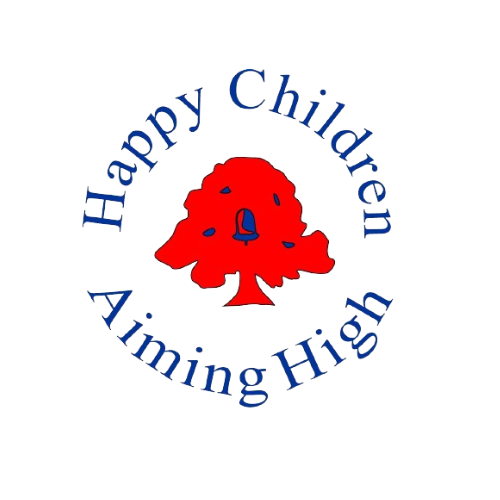Child Protection
At Palfrey Infant School we take the Safeguarding of your child very seriously.
Our safeguarding link governor is Mr James Ludlow.
Our Safeguarding Guide for Pupils has been developed to help parents discuss safeguarding with their child. It outlines who to speak to if your child is worried about anything. All parents and carers are encouraged to discuss this with their children so that together we can protect them.
Talk PANTS with Pantosaurus and his PANTS song #TalkPANTS
Meet Pantosaurus - our pant-wearing Dino! He wants every child to stay safe and strong, just like him, and he's on a mission to share an important message.
Remember at Palfrey Infants we refer to 'Private Parts' in order to share the same terminology with the children.
-
PANTS The Underwear Rule (NSPCC) Scroll down the page to find a parents guide to discussing this issue with your child.
-
Speak Out , Stay Safe ( NSPCC) Trained NSPCC volunteers and staff deliver an assembly and workshop with the help of our Speak out Stay safe mascot, Buddy the speech bubble. Pupils are taught in a lively, memorable and child-friendly way
Speak out. Stay safe. | NSPCC
Our Speak out Stay safe programme gives children the knowledge and understanding they need to stay safe from abuse and neglect. We teach children aged 5-11 learn this essential safeguarding information in a lively, interactive and memorable way. By the end of our visit we know pupils feel empowered and can speak out and stay safe.
What is contextual safeguarding?
Contextual safeguarding looks at how we can best understand these risks, engage with children and young people and help to keep them safe. It's an approach that's often been used to apply to adolescents, though the lessons can equally be applied to younger children, especially in today's changing world.
What are examples of contextual safeguarding?
This list is not exhaustive but includes:
- Child on child and relationship abuse
- Criminal/sexual exploitation/online abuse
- Missing episodes
- Risks associated with gangs
- Risks associated with radicalisation
- Safeguarding risks in public spaces
- Trafficking and modern slavery
We use Street Teams to discuss online safety, CSE, gangs and radicalisation.
We follow the NSPCC Speak Out / Stay Safe resources across Key Stage 1.
Through working with parents and families we try to support and reduce the likelihood of these impacting our children in the future.
More information on Child Protection and Safeguarding, including the relevant school policies, can be found here
